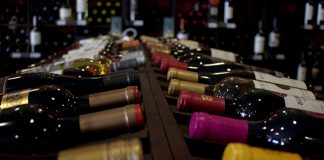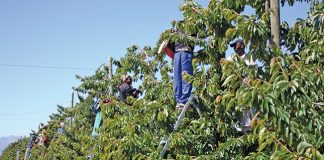Summer rains are already too late, and too little, for some eastern production areas to plant crops such as maize and soybeans.
This is the view of agricultural experts Prof Johan Willemse, Dr Dirk Strydom and Manfred Venter from the Department of Agricultural Economics at the University of the Free State (UFS).
They have released a collaborative paper that outlines the implications of the drought on the economy, agriculture, food processors, input suppliers and consumers.
They anticipate that the soybean crop will be significantly smaller in the eastern production areas of Delmas, Ermelo and Bergville. Soybean crop plantings should have been completed in November, but the drought caused farmers to miss the optimal planting time.
This means that soybeans imports will increase further to keep processing plants running. However, some plants will suspend processing and rather import soymeal and oil to fulfill contracts. This will have a negative impact on the ability of processors to retain jobs.
There is also positive news. The potential for the sunflower seed crop could increase substantially as planting can still take place in the central/western production areas until the end of January 2016.
"The potential for the sunflower crop could increase substantially as planting can still take place in the central/western production areas until the end of January 2016," the report said.
Willemse, Strydom and Venter point out that even with the drought, this crop presents a much smaller risk and it is less capital intensive. For example, the input cost for maize is on average between R6 000 and R8 000 per hectare, whereas sunflower is R2 000 to R4 000 per hectare.











